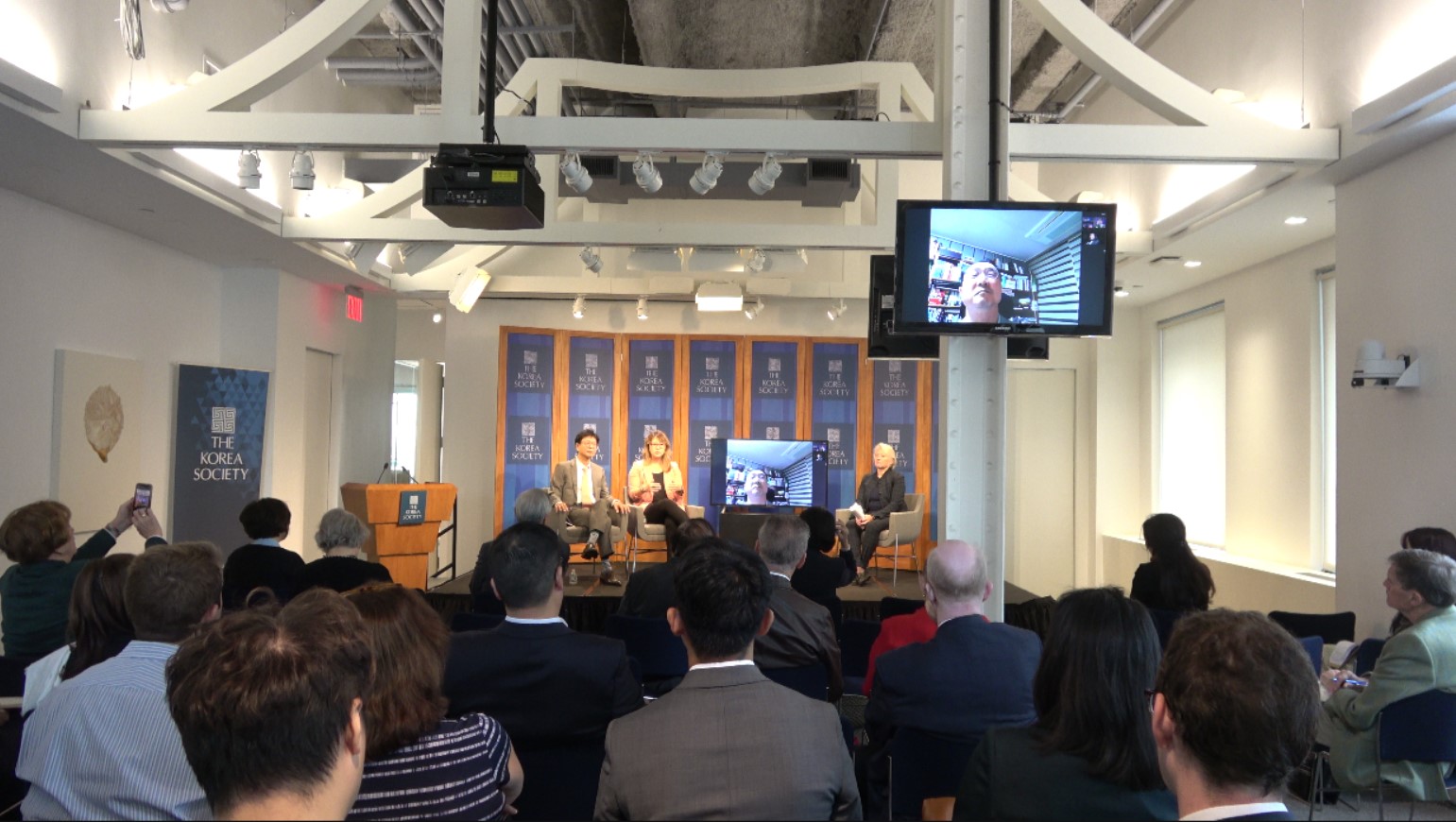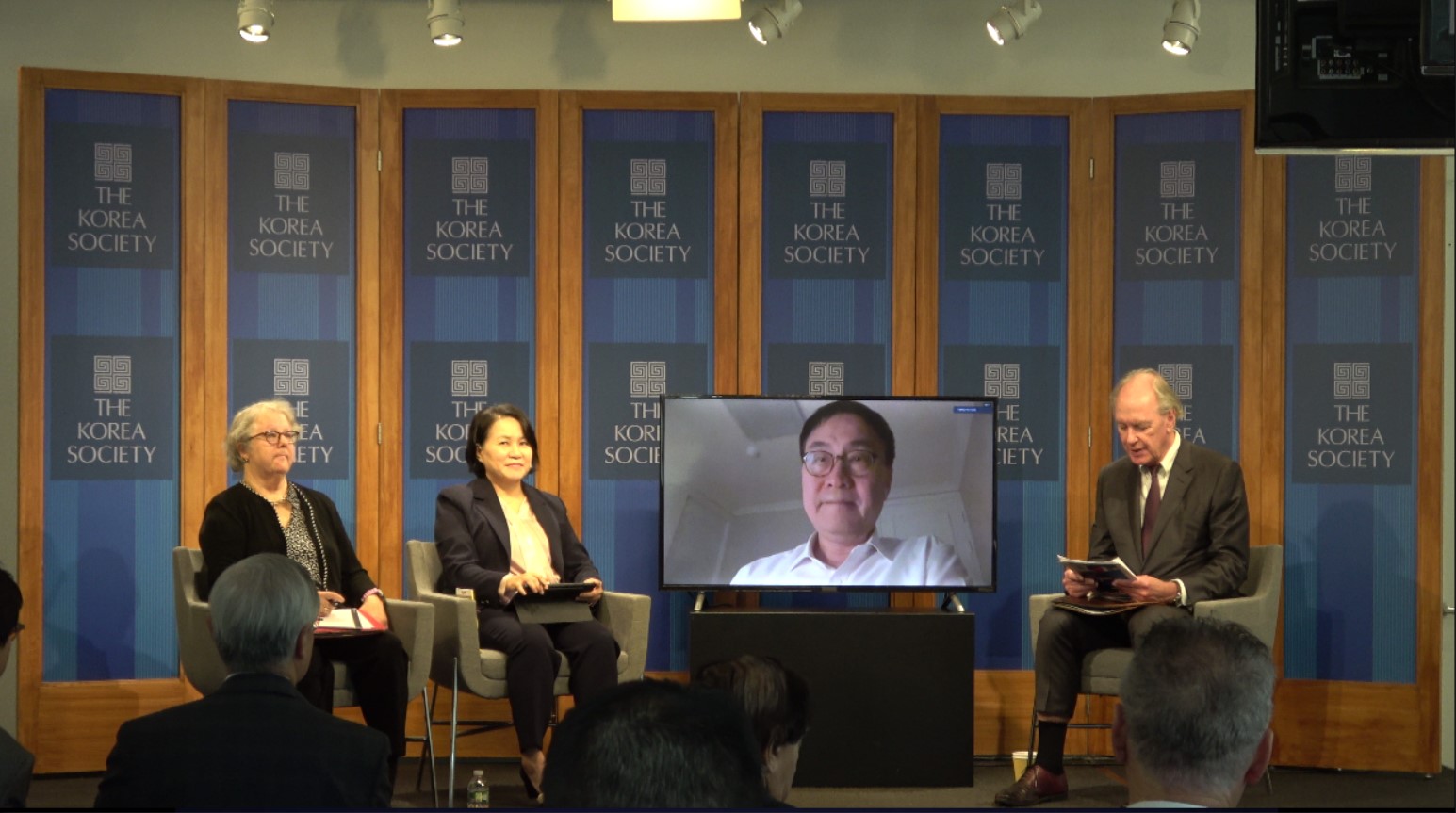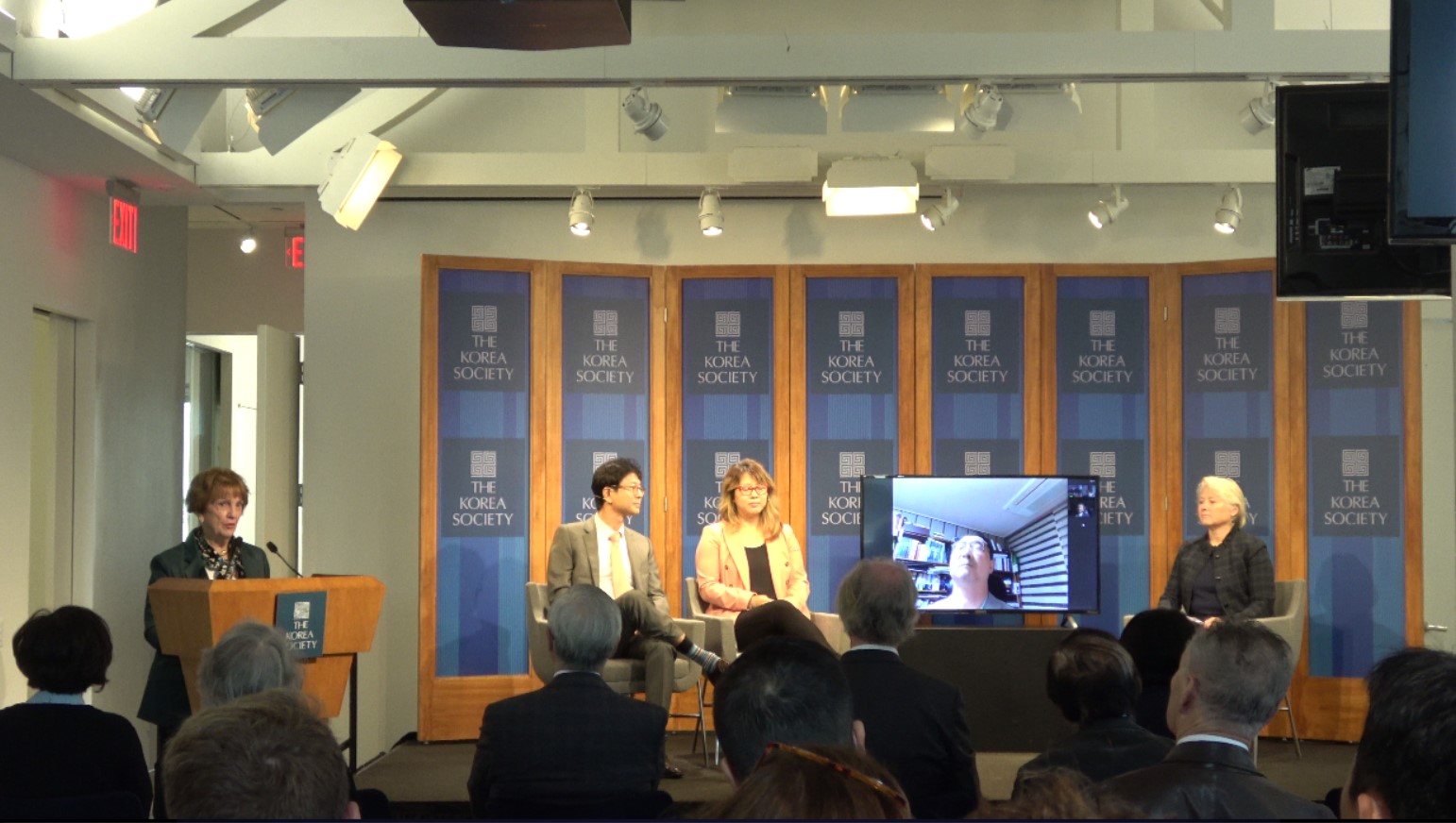
Yesterday,a high-level seminar co-hosted by the National Committee on American Foreign Policy, the Korea Society, and the East Asia Foundation took place in a hybrid format between Seoul and New York, attracting top experts from politics, academia, and policy research. The seminar focused on the future of U.S.-Korea relations, particularly the critical challenges and opportunities in diplomacy, security, and economic cooperation amidst the current global political landscape.
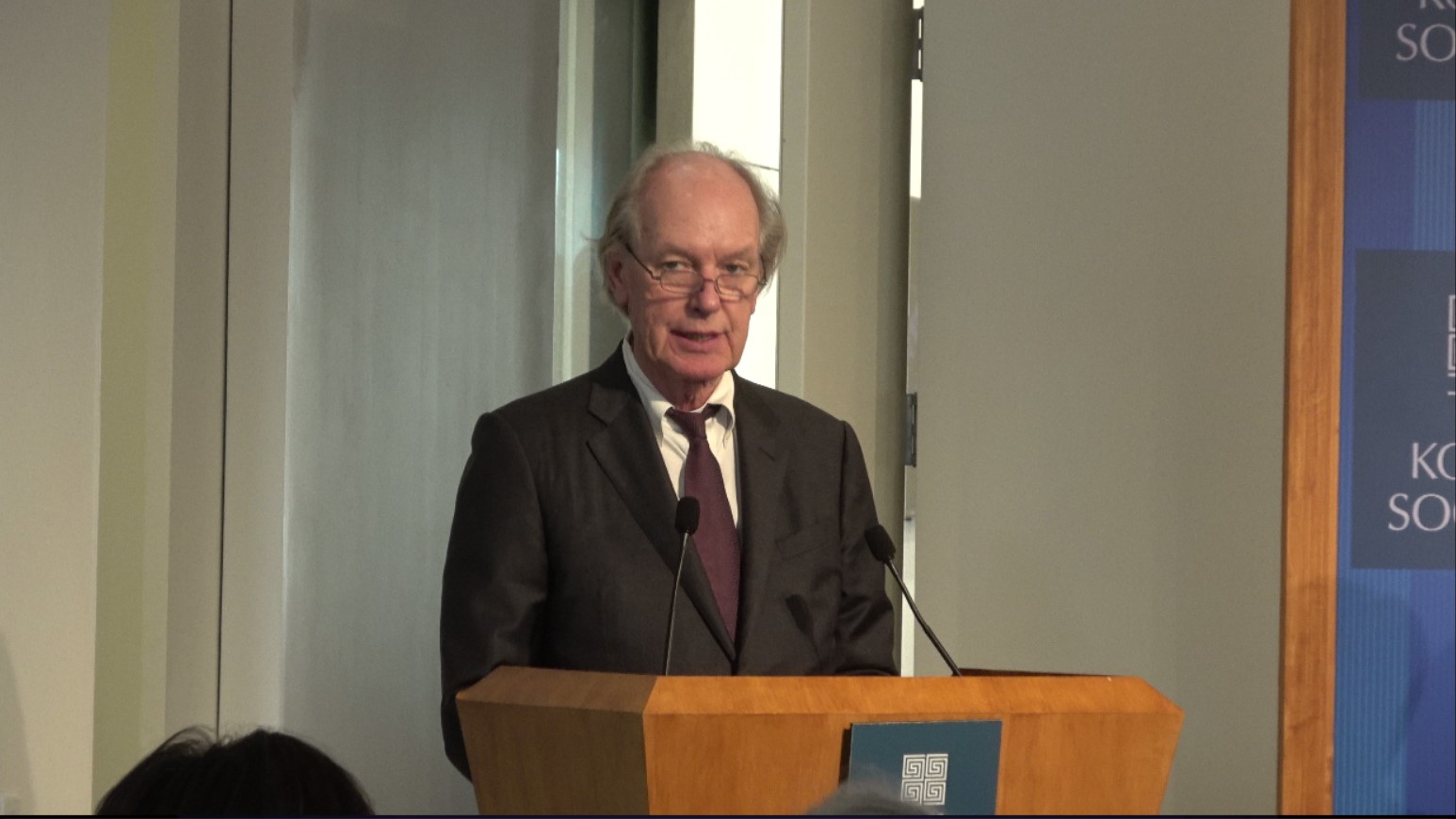
请选择横屏或竖屏观看不同的效果
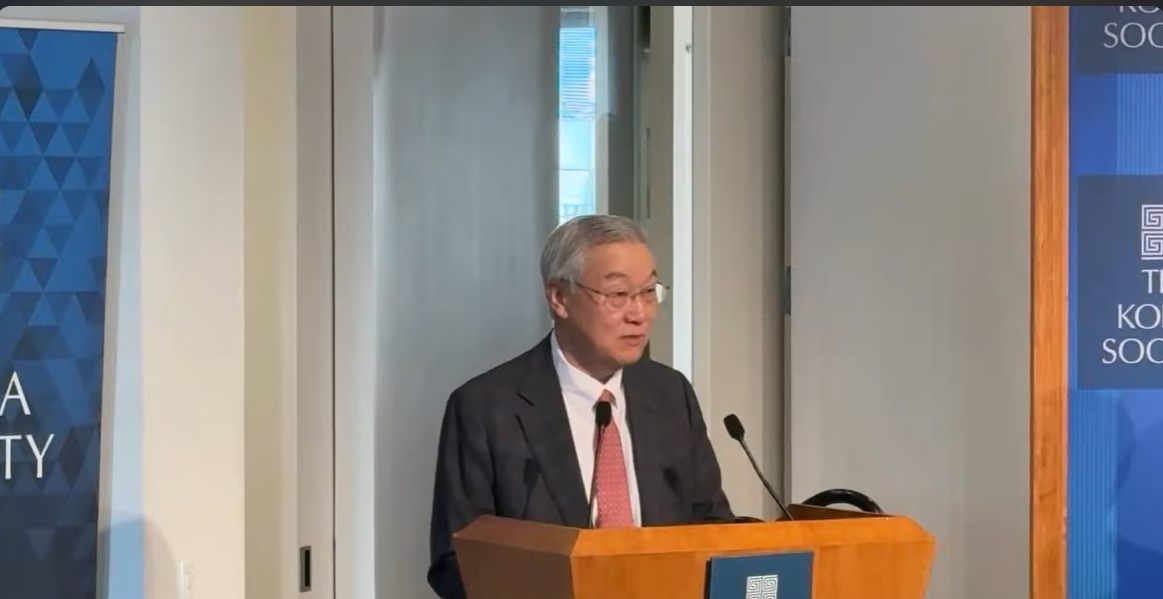
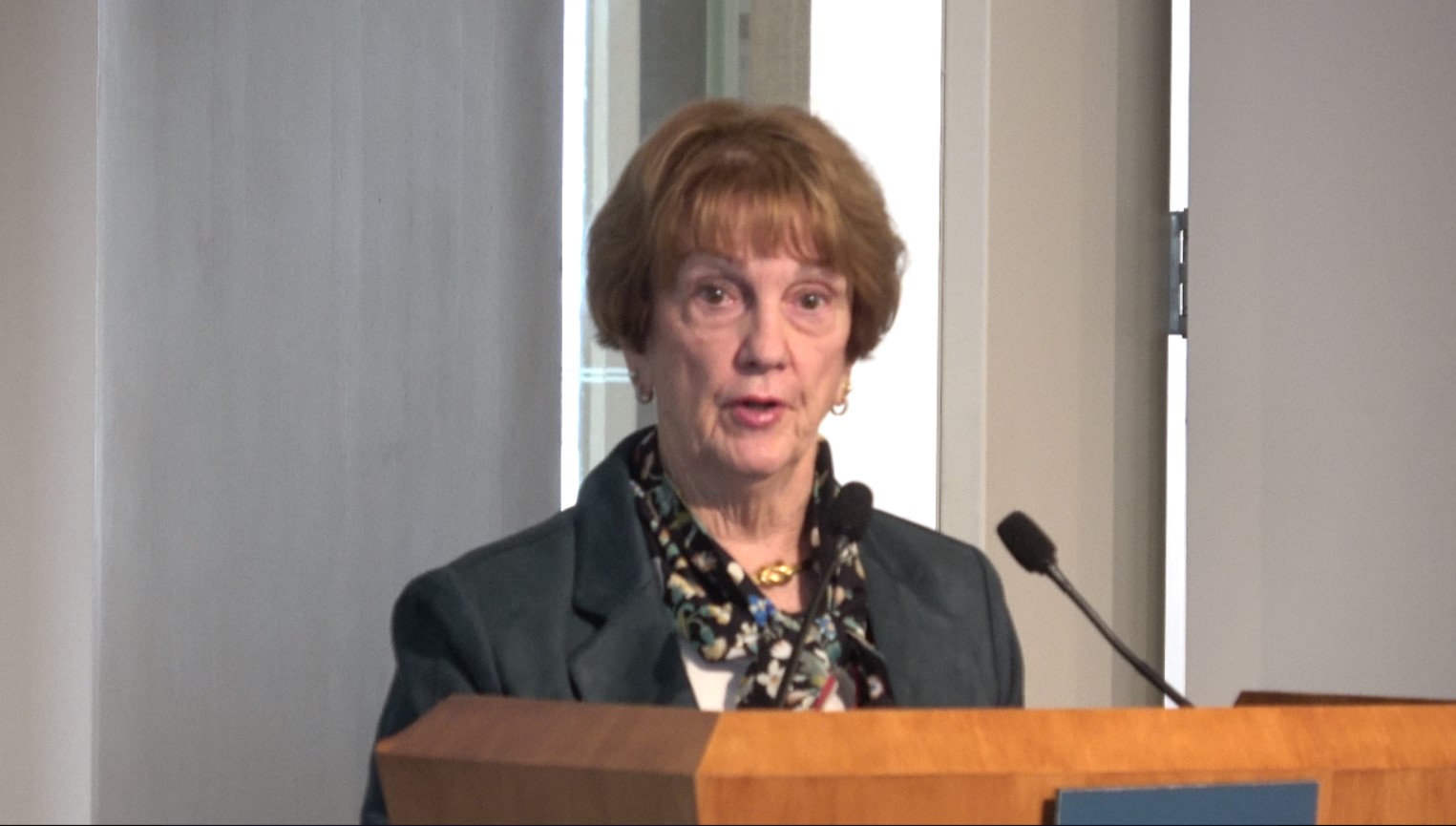
The seminar was moderated by Susan Thornton, Director of the Forum on Asia Pacific Security at the National Committee on American Foreign Policy. She introduced the seminar by highlighting that the U.S.-Korea relationship is not only a key alliance in traditional security cooperation but has also deepened in diplomatic and economic areas in recent years. Thornton emphasized that the alliance is facing new challenges and opportunities due to regional and international instability, including North Korea’s continued provocations and the influence of China and Russia in the region.
Strengthening Trilateral Cooperation and Challenges Ahead
In his remarks, South Korean National Assembly member Kim Yung-bae noted that since President Yoon Suk-yeol took office in 2022, the Korean government has made it a priority to strengthen its security alliance with the United States and has made significant progress in trilateral cooperation. Kim Yung-bae pointed out that with the upcoming U.S. presidential election, Korean society is filled with both anticipation and concerns that political changes could bring uncertainty to the future of U.S.-Korea cooperation.
"As an export-dependent country, Korea's fate is closely tied to the United States," Kim stated. He also called on the U.S. to be more sensitive in handling U.S.-China competition, considering Korea’s unique survival challenges in this complex situation. He further noted that while trilateral cooperation among the U.S., South Korea, and Japan has made important advances in security, ensuring its sustainability will be a key issue in the coming years.
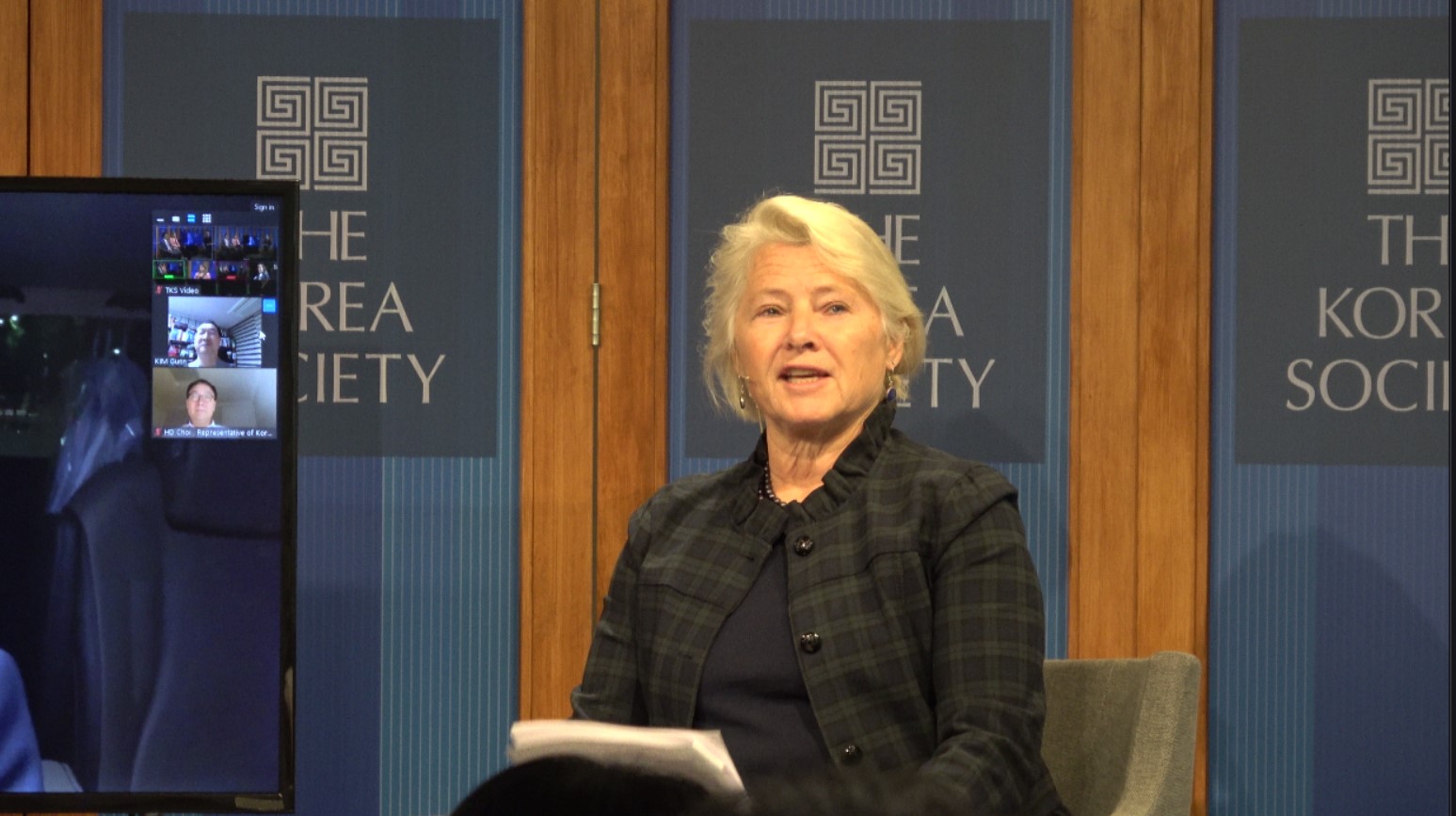
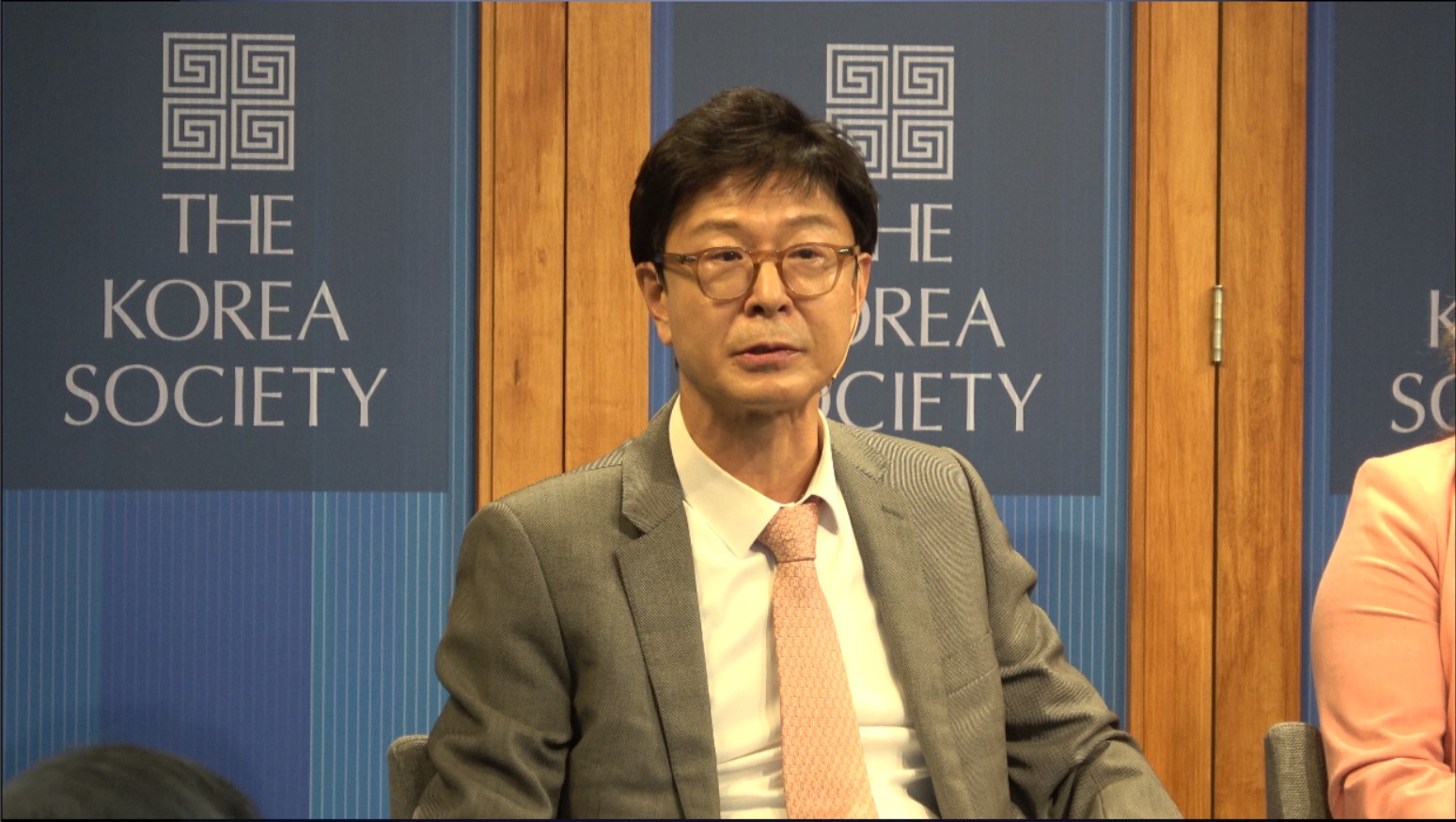
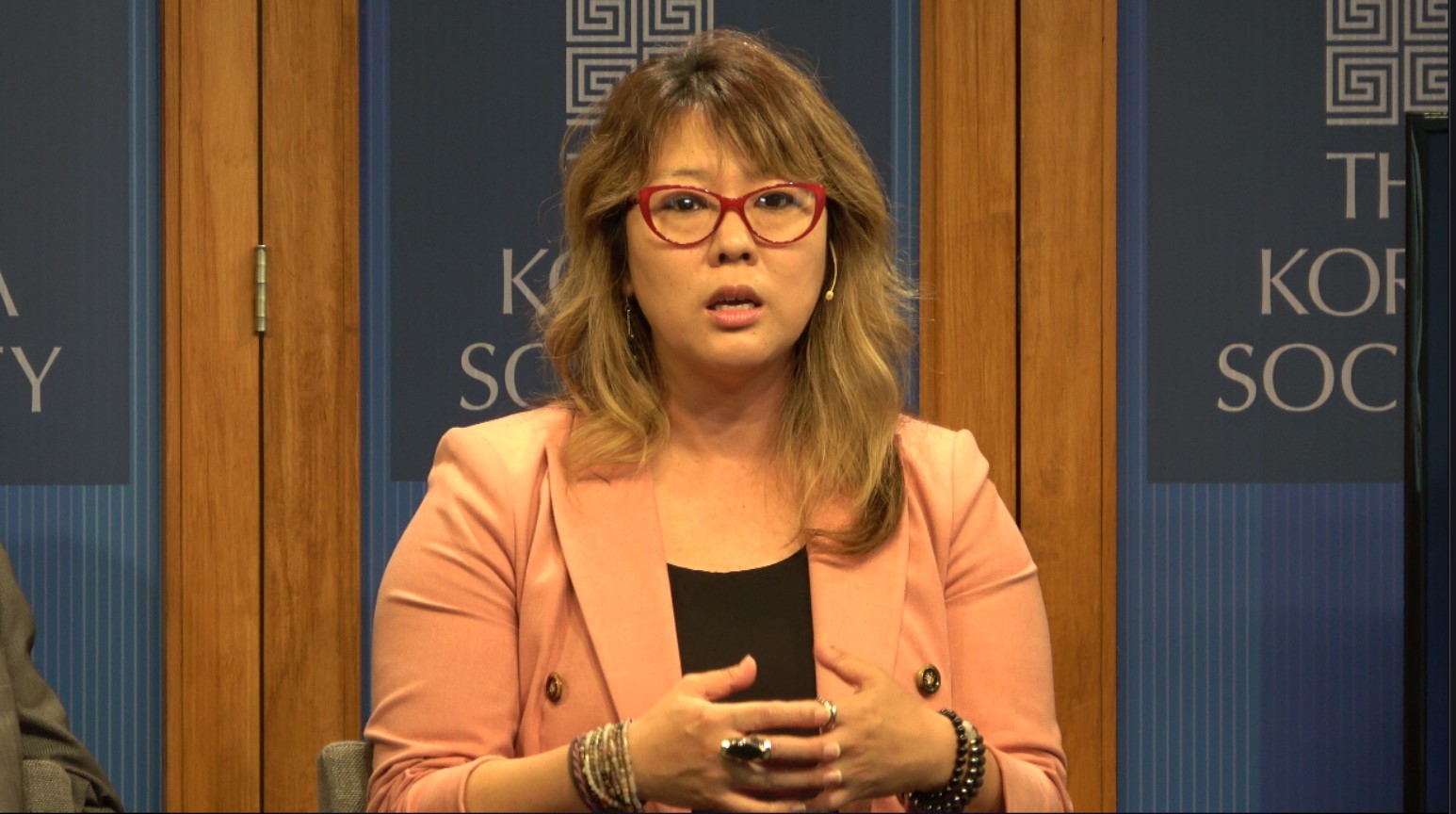
Leveraging Divisions Among Major Powers
Former South Korean Ambassador and current National Assembly member Kim Gunn echoed these views, emphasizing that while the U.S.-Korea alliance remains the cornerstone of South Korean foreign policy, the growing collaboration between North Korea, China, and Russia presents new challenges. He highlighted the importance of strengthening trilateral cooperation as a counterbalance.
Kim Gunn stressed that there are divisions within the relationships between China, Russia, and North Korea, which Korea can diplomatically leverage. He remarked, "North Korea often uses terms like ‘new Cold War’ to describe the current situation, which makes China uncomfortable, as they do not want to be associated with that label. This provides us with diplomatic opportunities."
Ambassador Kim also pointed out that North Korea's cooperation with Russia is more of a short-term, tactical partnership based on military needs, and as time passes, this relationship may not last. Therefore, he suggested that South Korea seize this opportunity to isolate North Korea further and bring them back to the negotiation table.
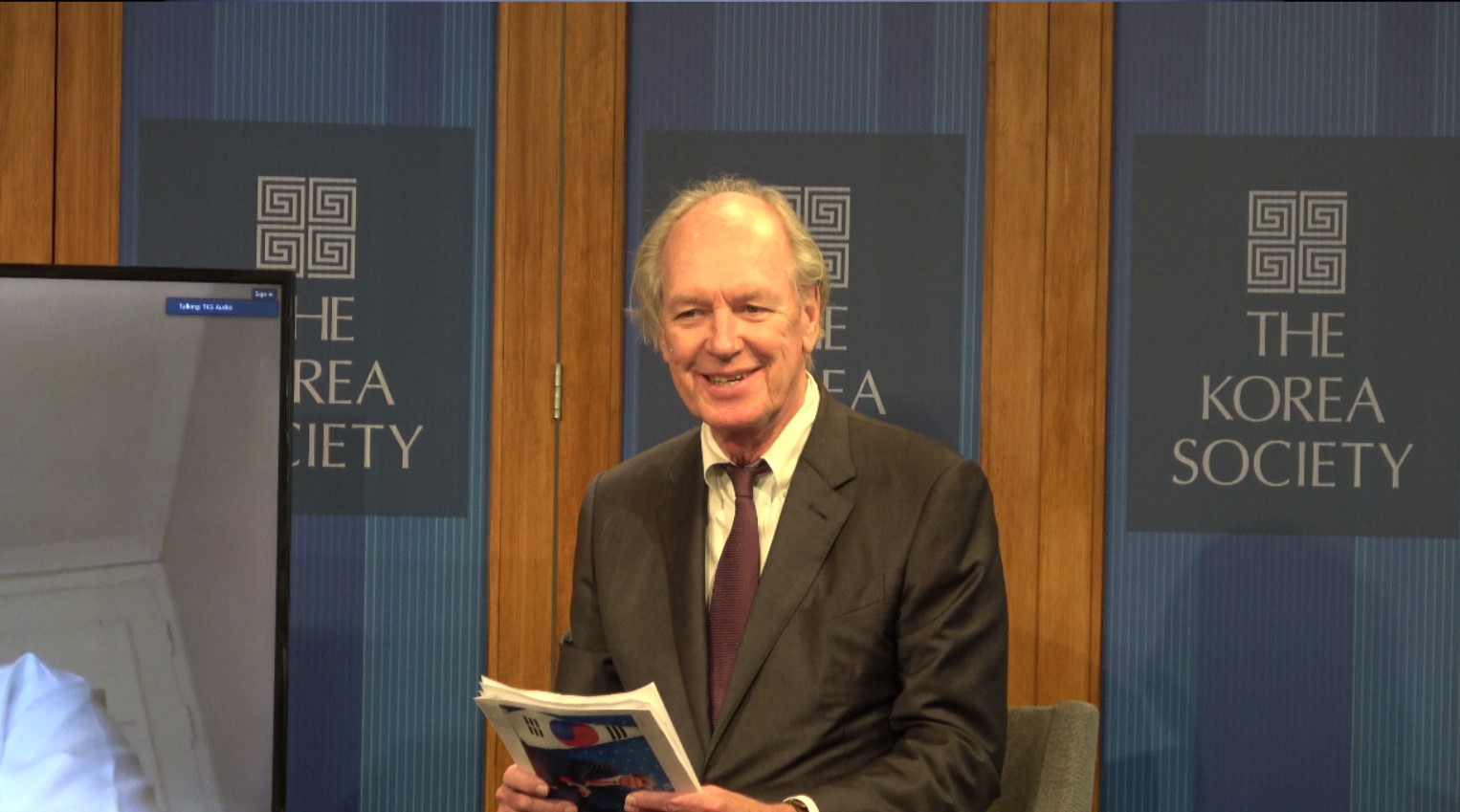
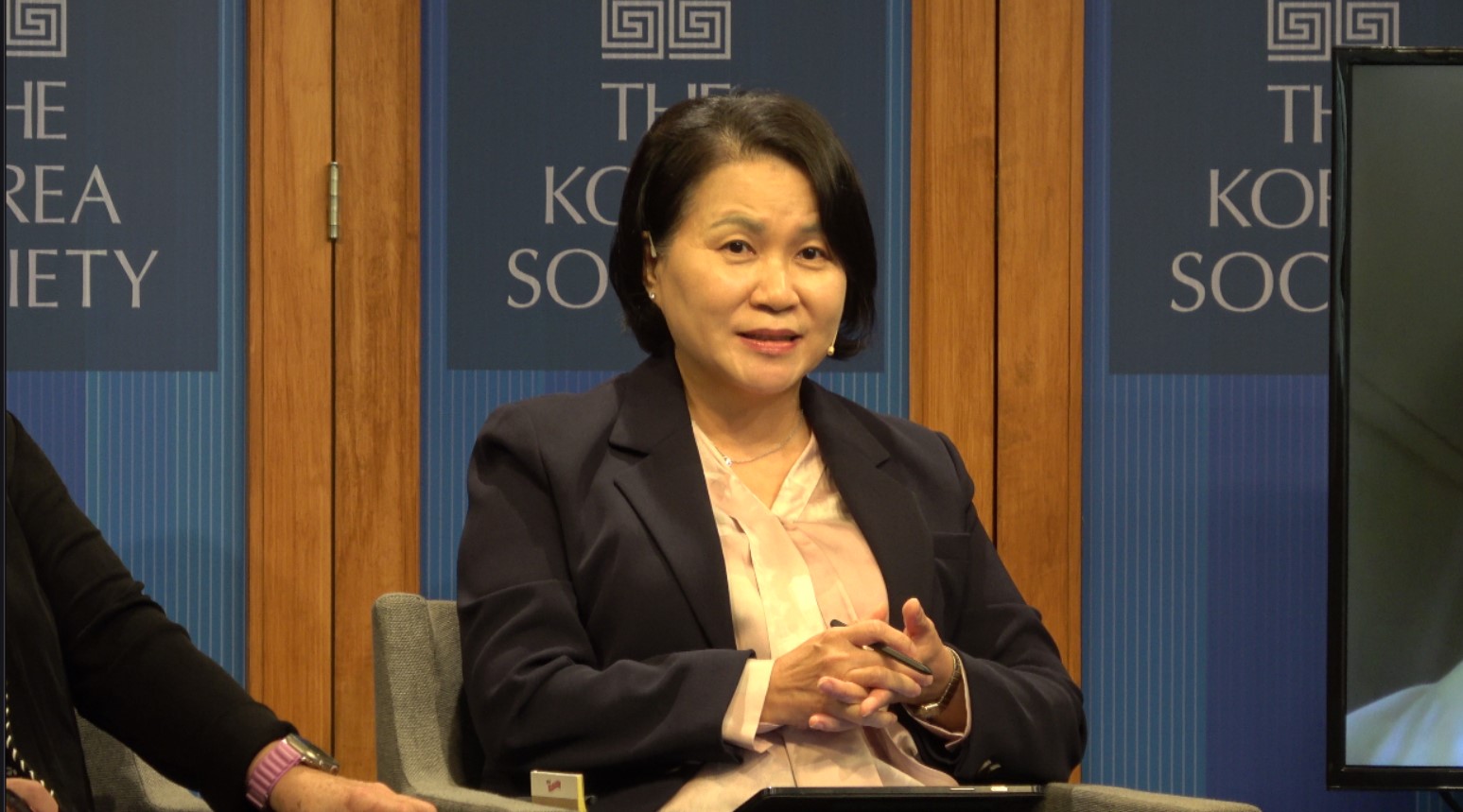
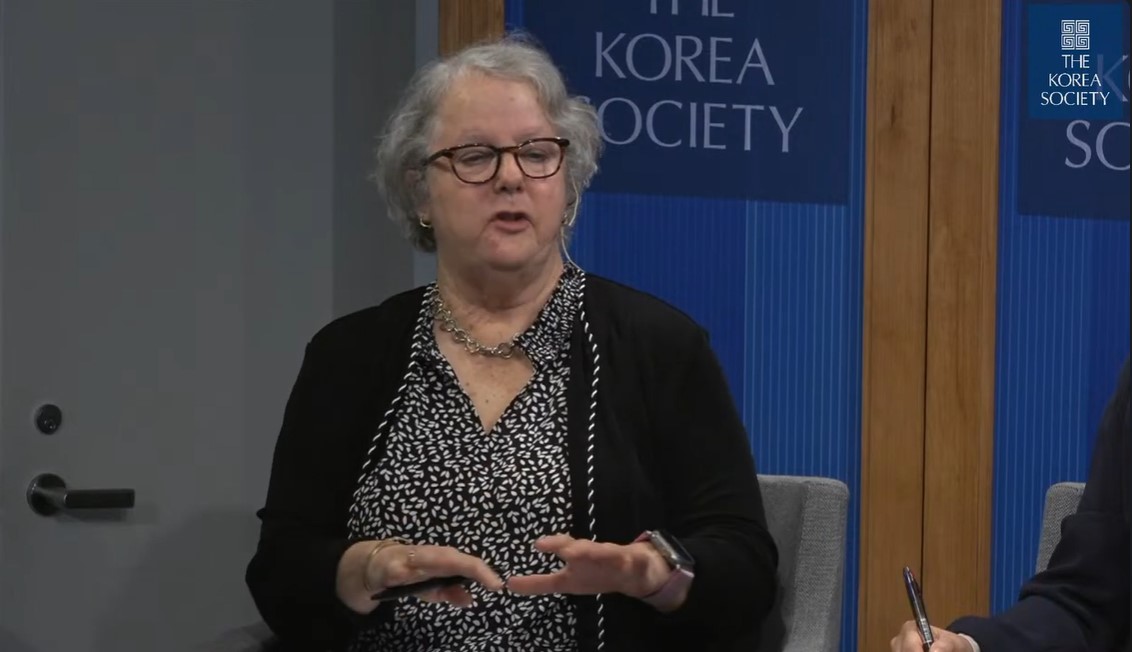
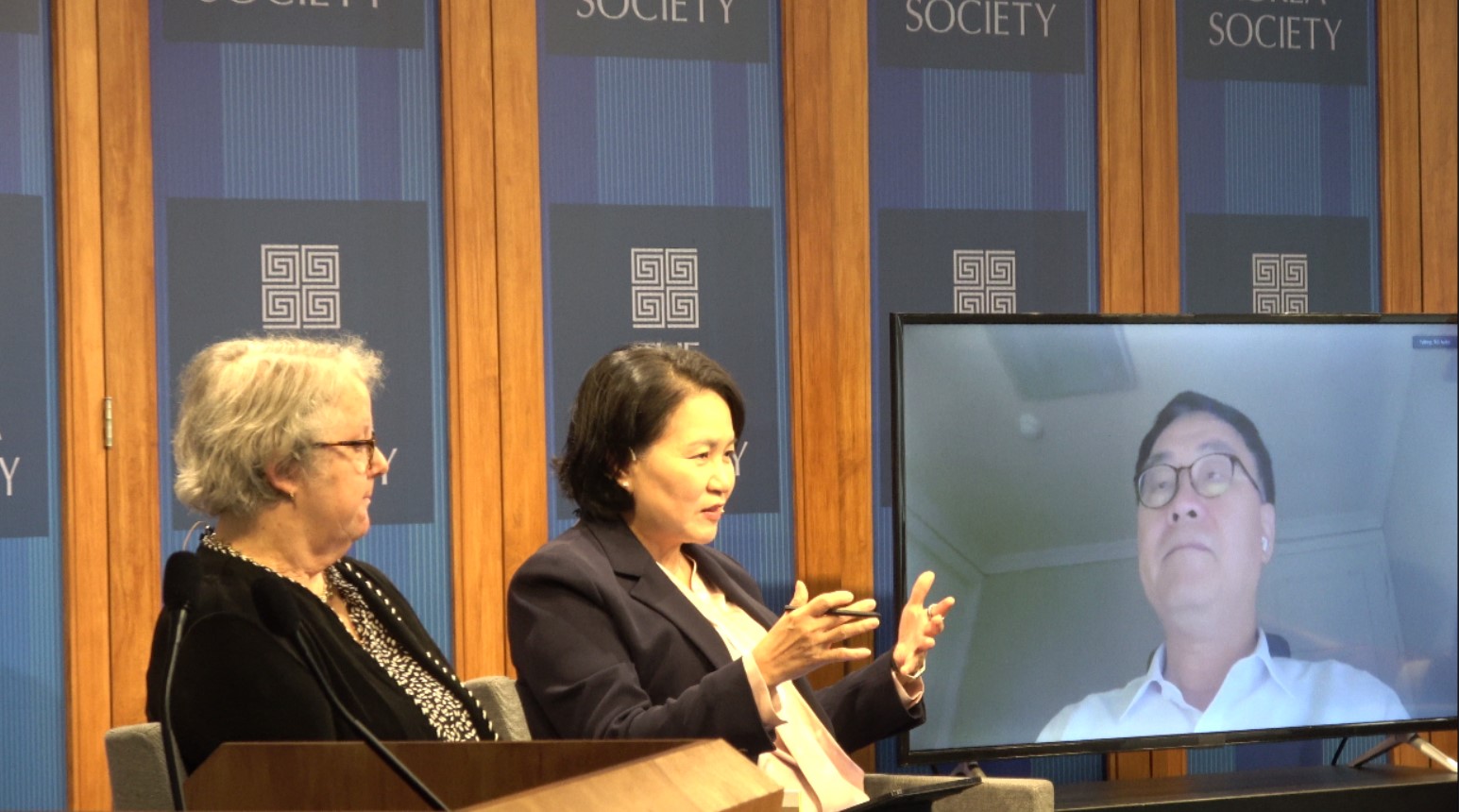
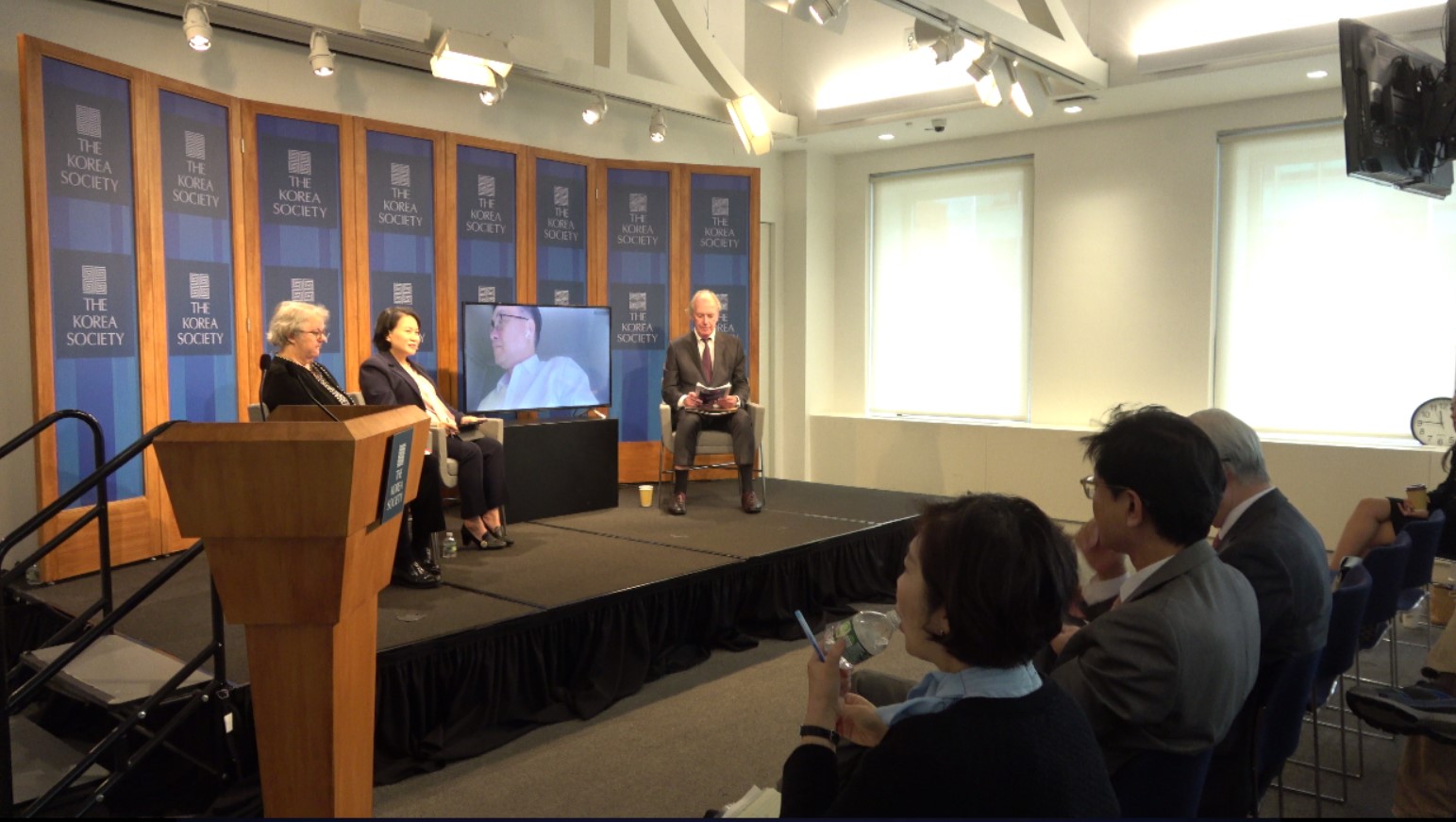
Ensuring Sustainable Trilateral Cooperation
Professor Kim from Soongsil University emphasized that the deepening of trilateral cooperation in recent years has largely been driven by institutionalization, including regular meetings among leaders, ministers, and national security advisers. He argued that while these efforts have provided a foundation for stability, the three countries must focus on gaining domestic public support to ensure the sustainability of this cooperation amidst potential political shifts in the future.
Professor Kim noted that despite the significant progress made in the trilateral relationship, domestic and international political pressures still pose challenges. He specifically mentioned that historical issues between South Korea and Japan remain a sensitive point, and how these issues are addressed will determine the long-term strength and sustainability of trilateral cooperation.
Multiple Perspectives on the North Korean Issue
Jenny Town, Senior Fellow at the Stimson Center, further elaborated on the complexities of North Korea’s role in the region. She highlighted that as North Korea deepens its military cooperation with Russia, particularly in the context of the Ukraine conflict, its strategic significance in regional security is becoming more pronounced.
"We cannot rely solely on sanctions and isolation policies," Town said. "We need to find new ways to engage with North Korea and pursue long-term solutions to the North Korean issue."
She also noted the growing domestic calls within South Korea for nuclear capability development, which could negatively impact the denuclearization process. She argued that South Korea needs to maintain a balanced approach in both diplomacy and military strategy to avoid sparking an arms race in the region.
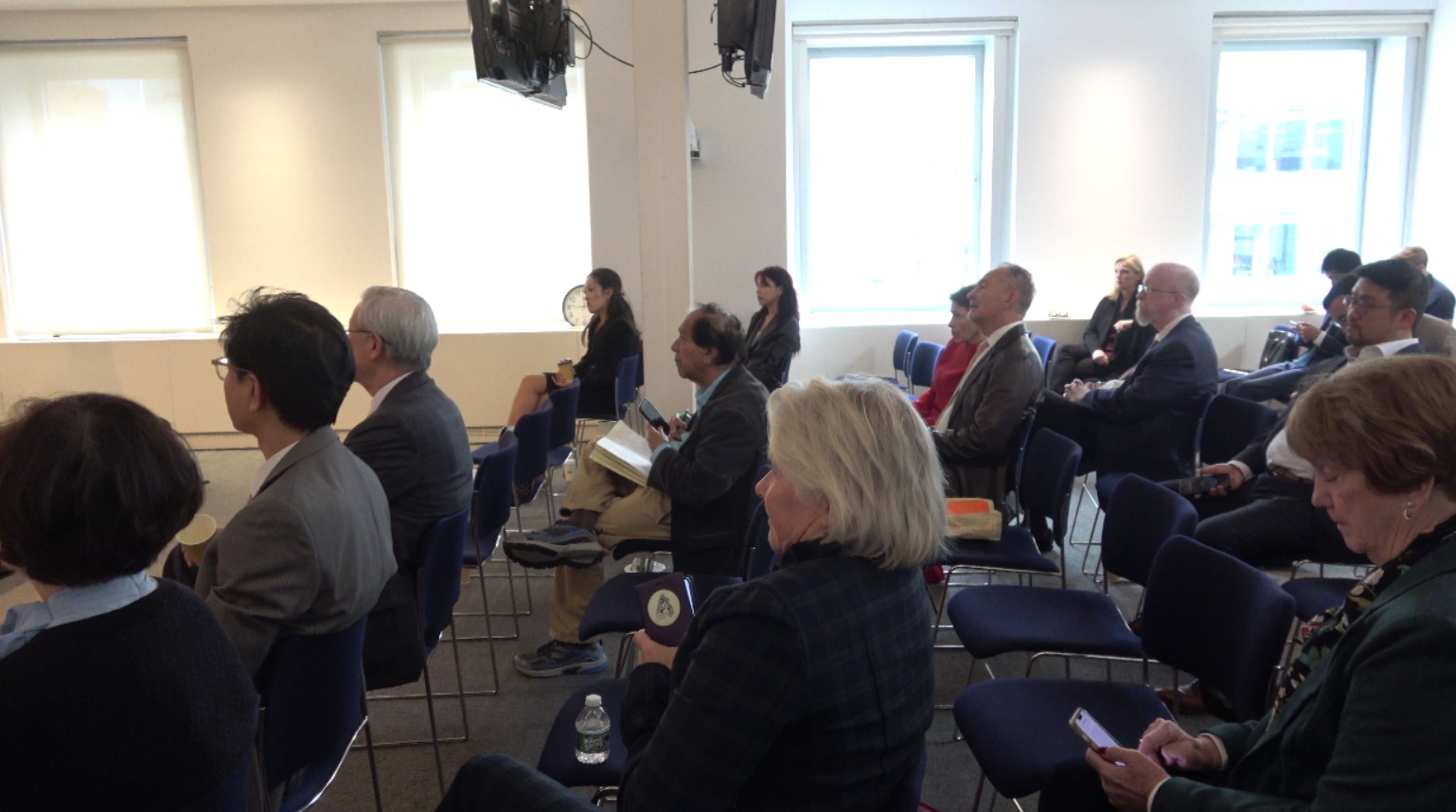
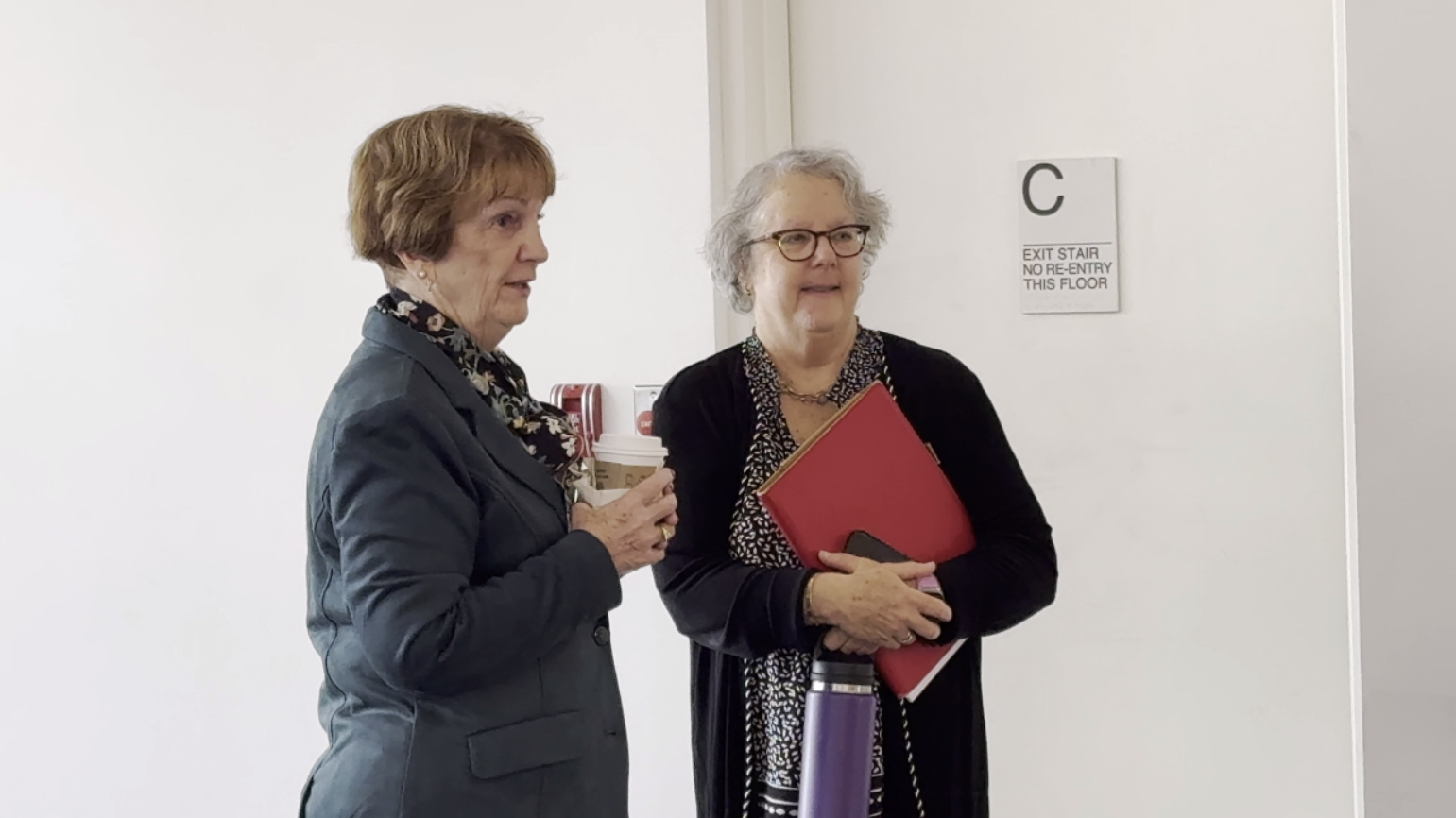
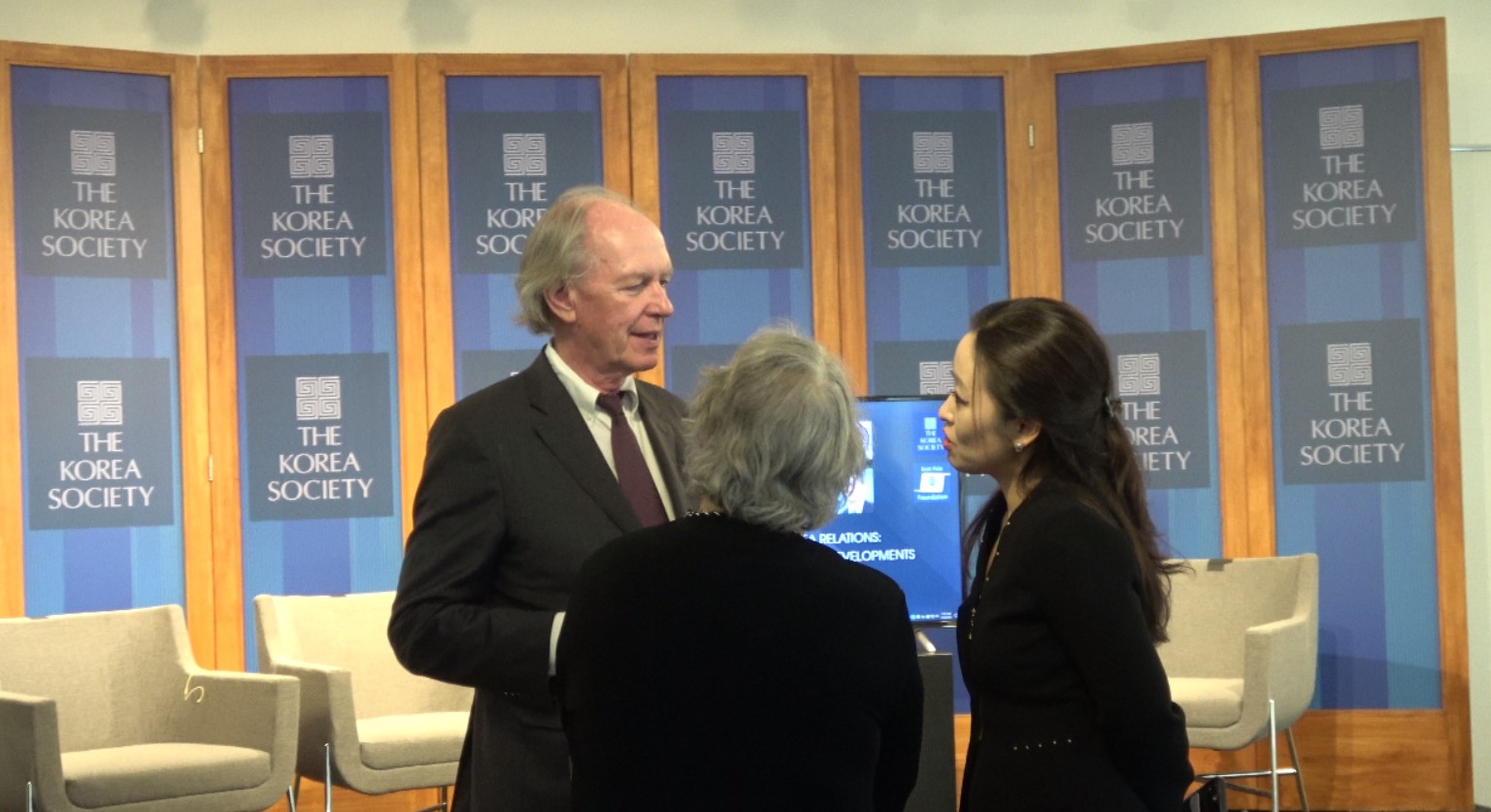
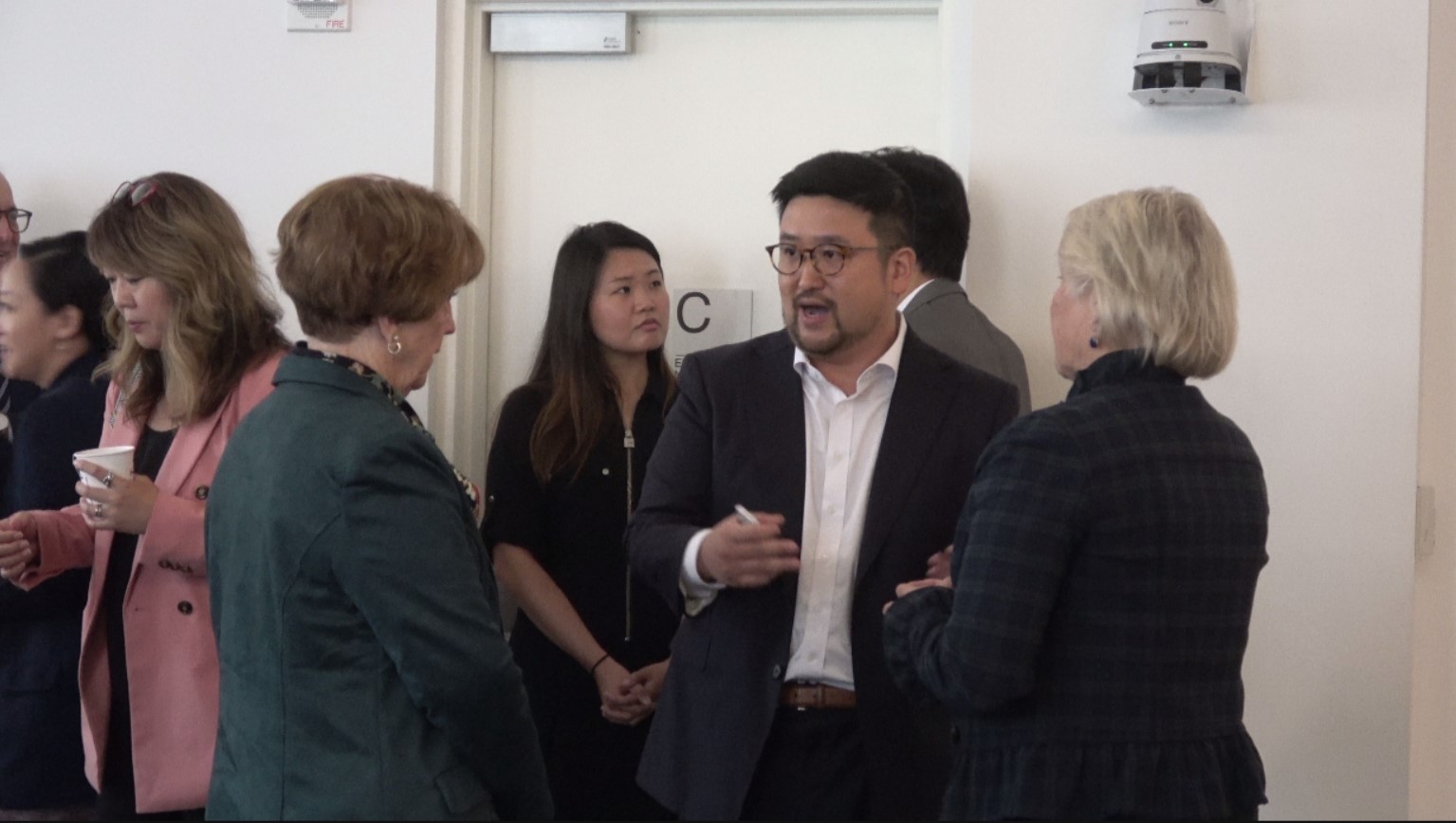
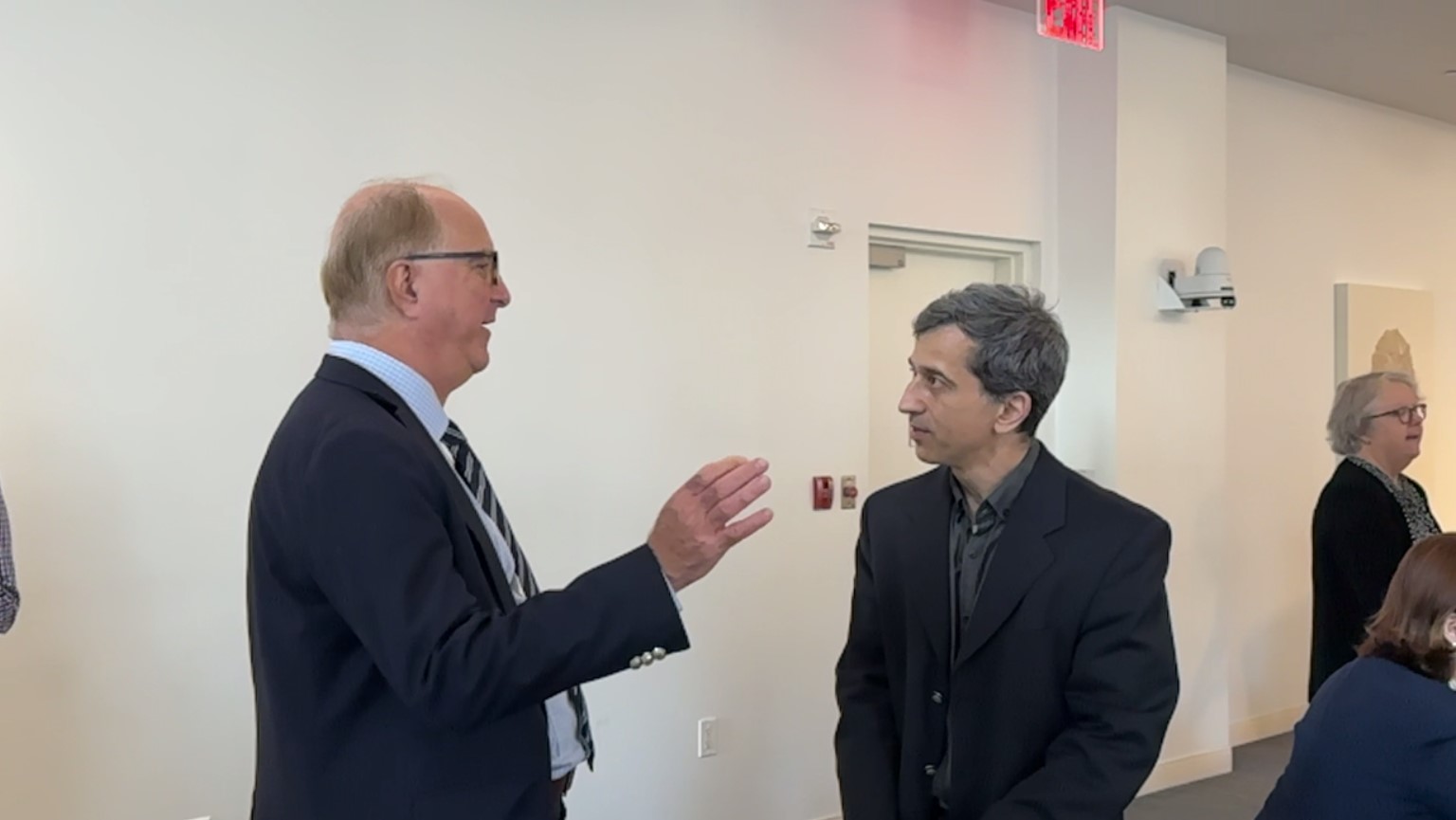
Conclusion: The Future Path of U.S.-Korea Relations
The panel of experts unanimously agreed that U.S.-Korea relations are at a critical juncture, with both strong foundations of cooperation and significant challenges arising from North Korean threats, U.S. domestic political changes, and regional competition among major powers. They called for continued strengthening of security cooperation, alongside deeper diplomatic and economic collaboration to foster long-term peace and stability in the region.
As U.S.-Korea relations continue to evolve, the ability to address not only security threats from North Korea but also to engage in economic, technological, and global challenges together will be key. The seminar underscored that the future of the U.S.-Korea alliance depends on navigating these complexities and building stronger, more resilient cooperation in all spheres.
